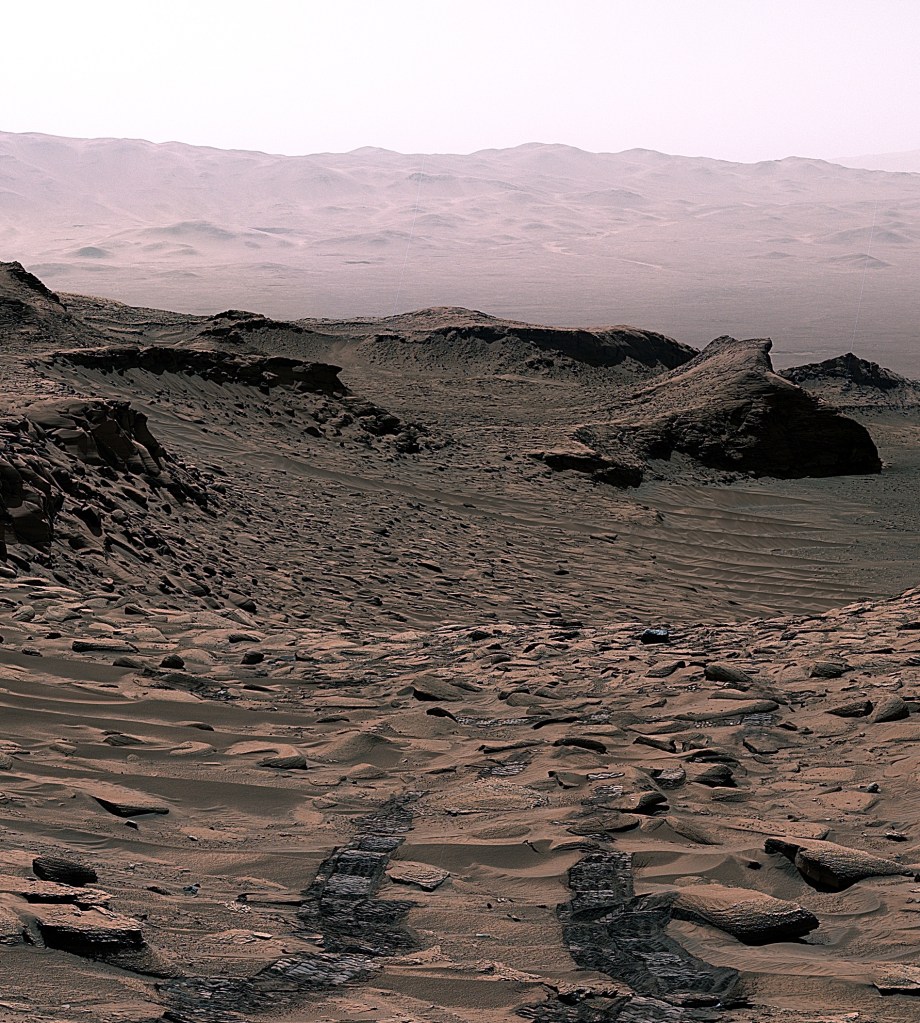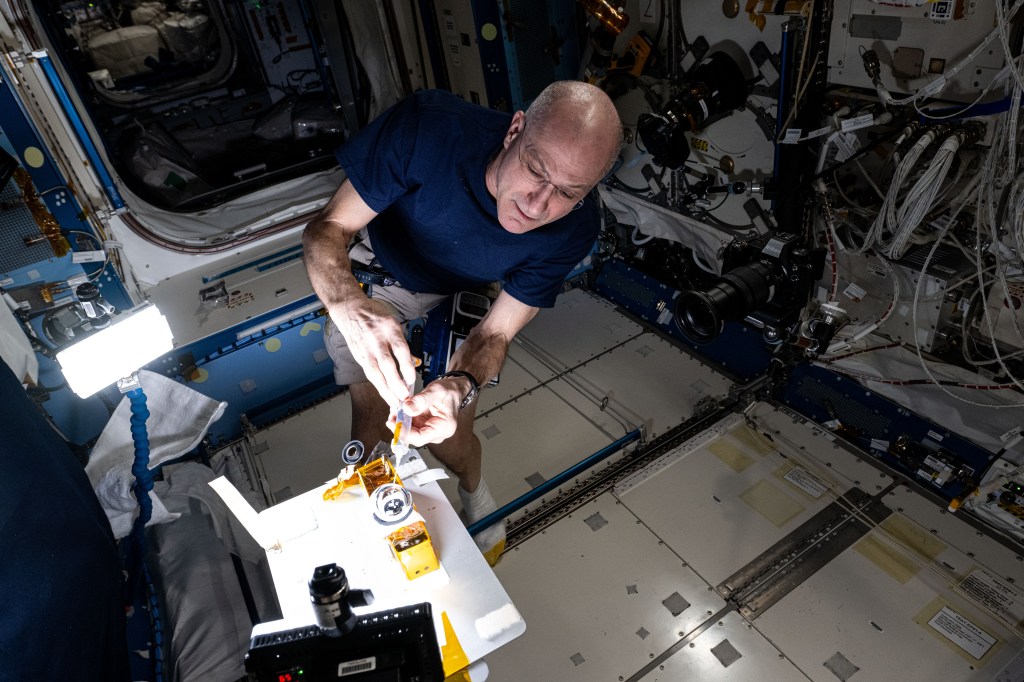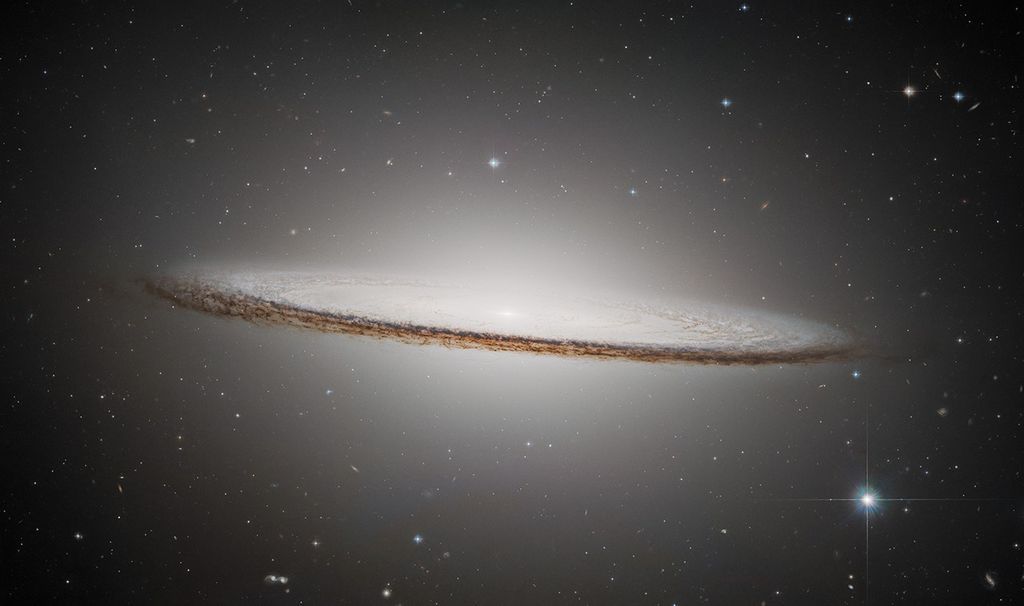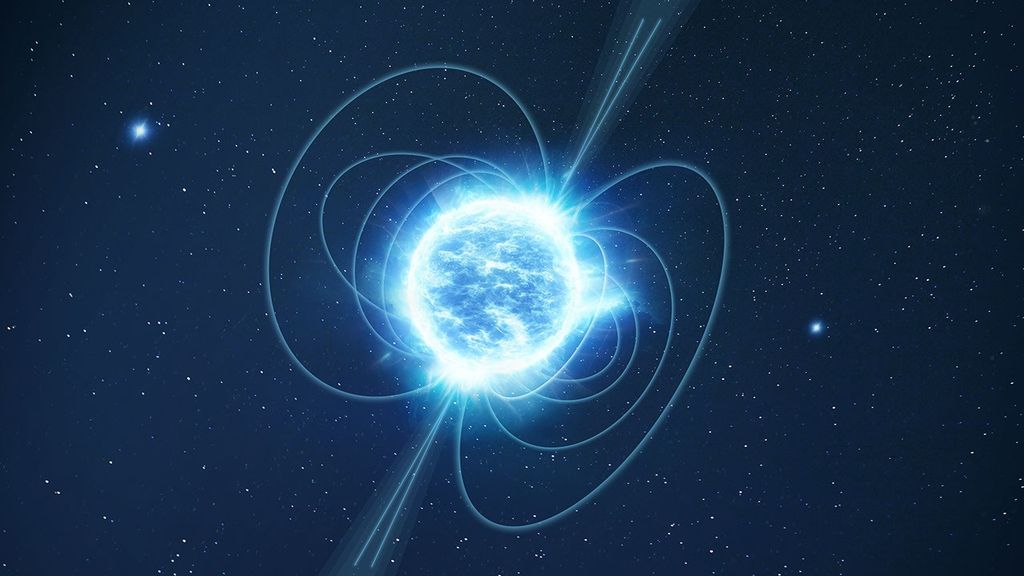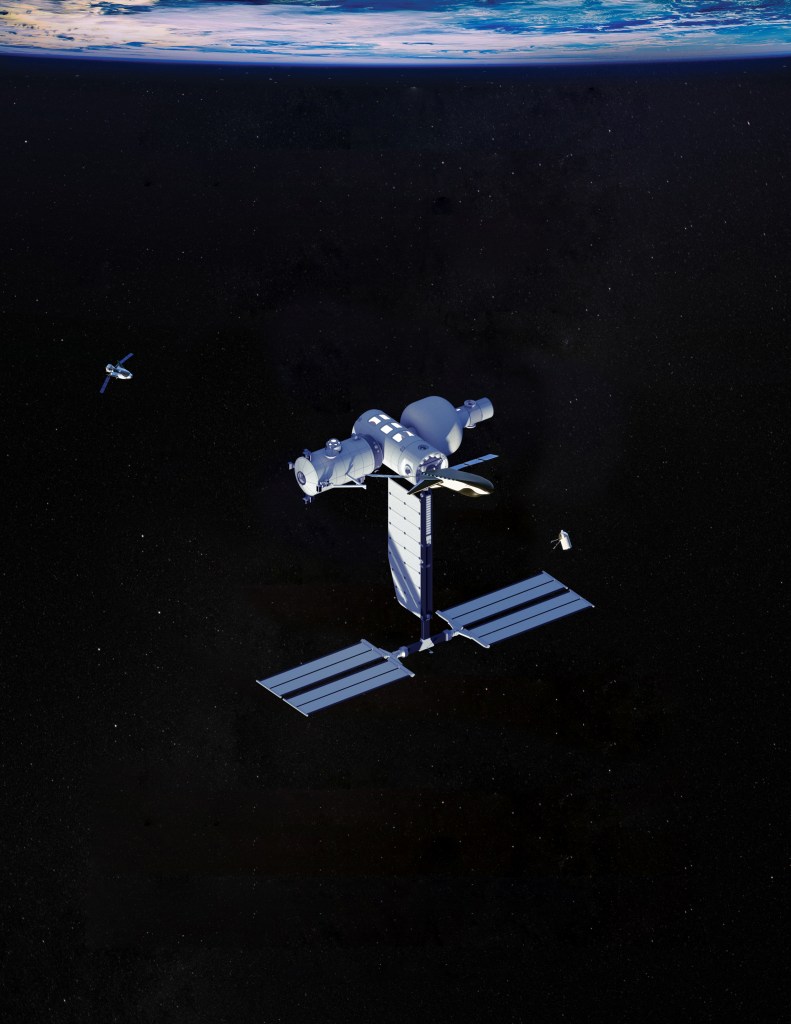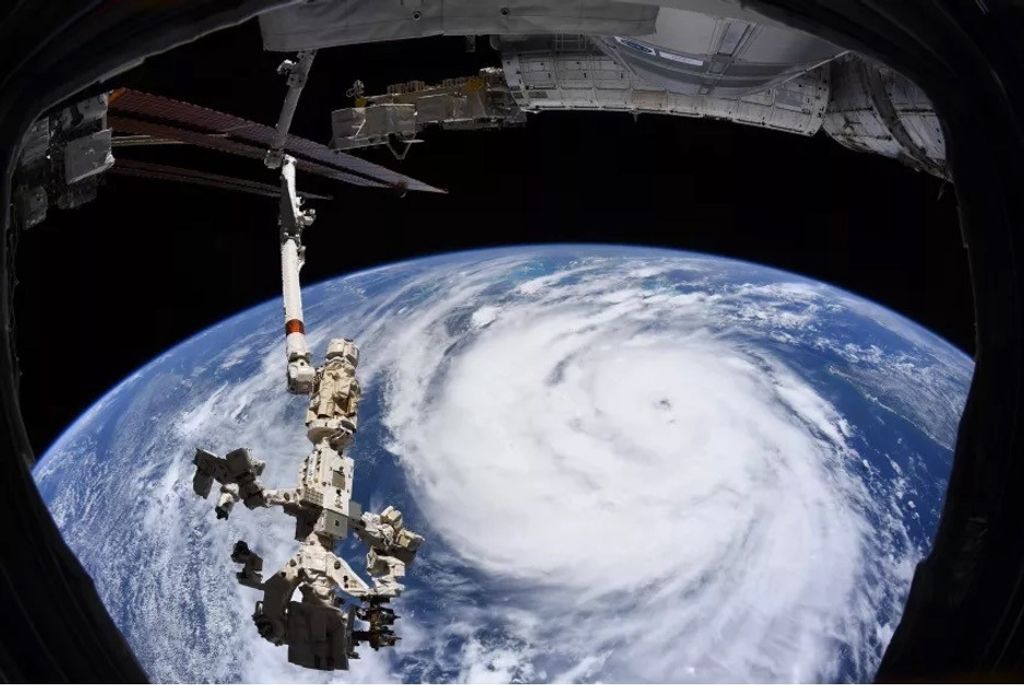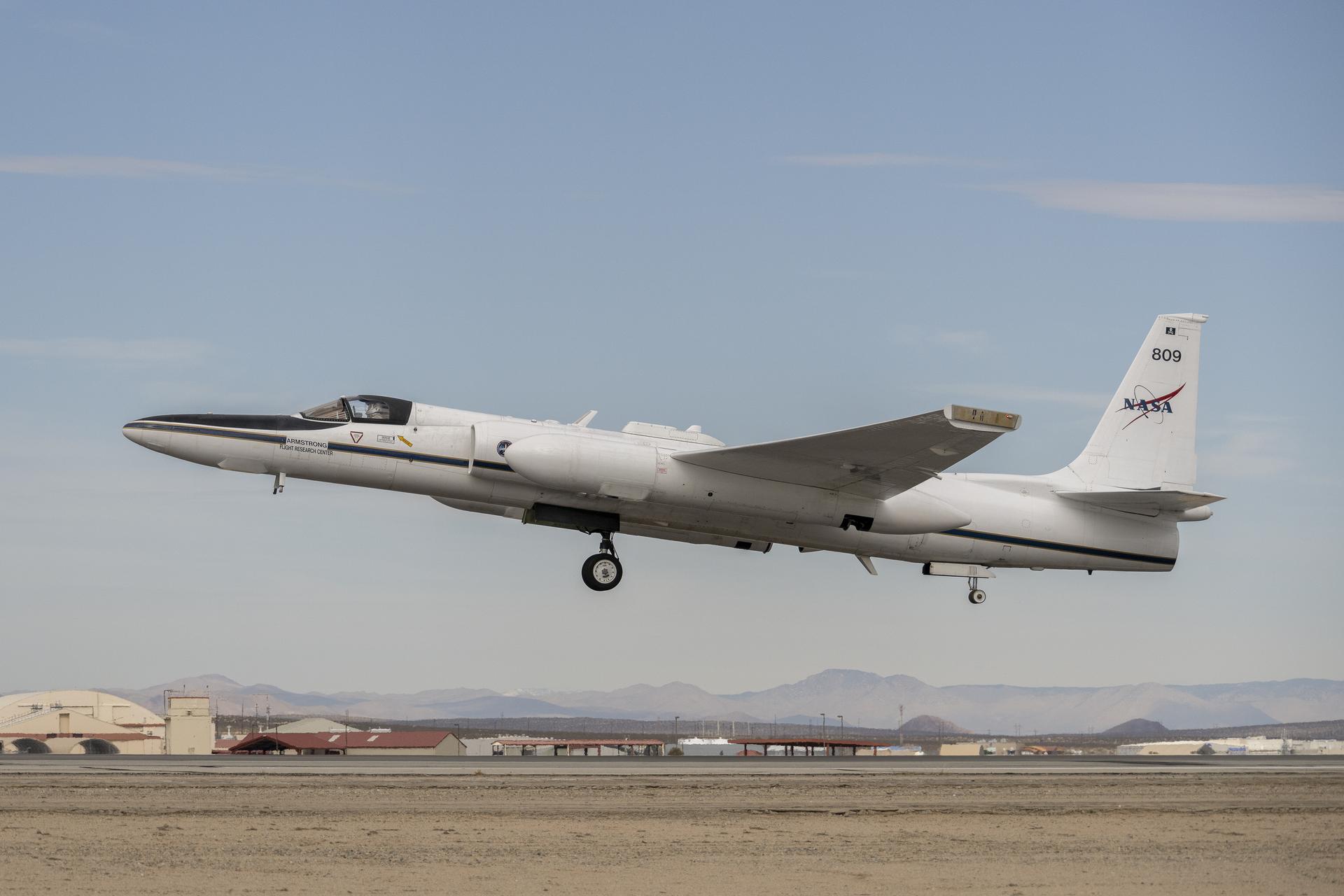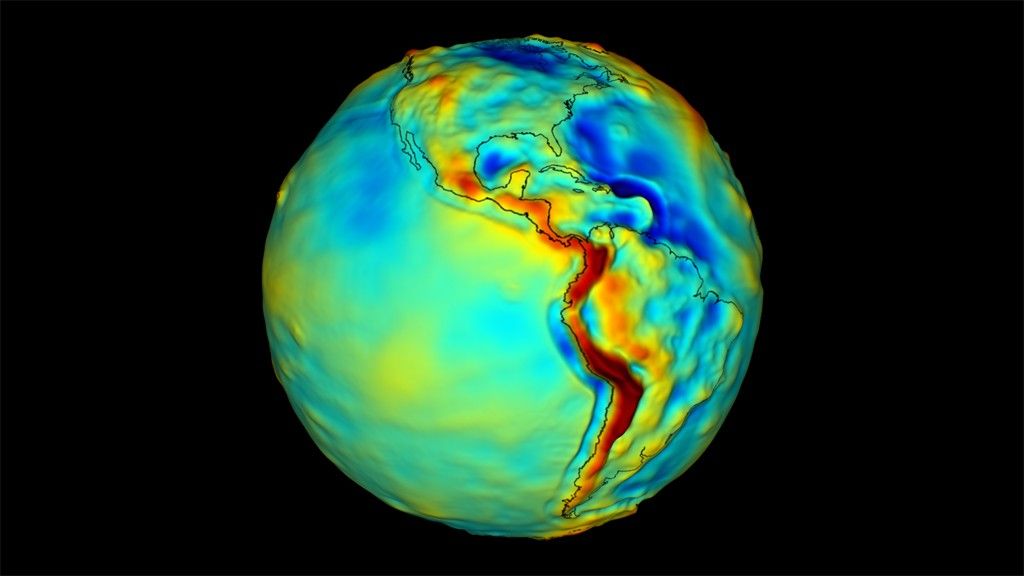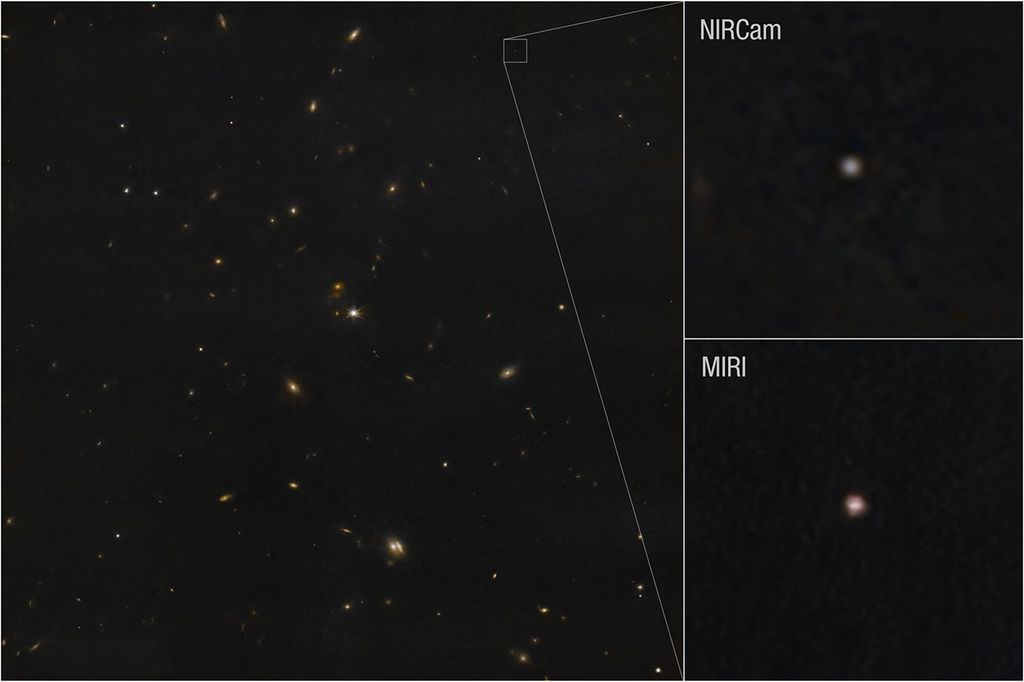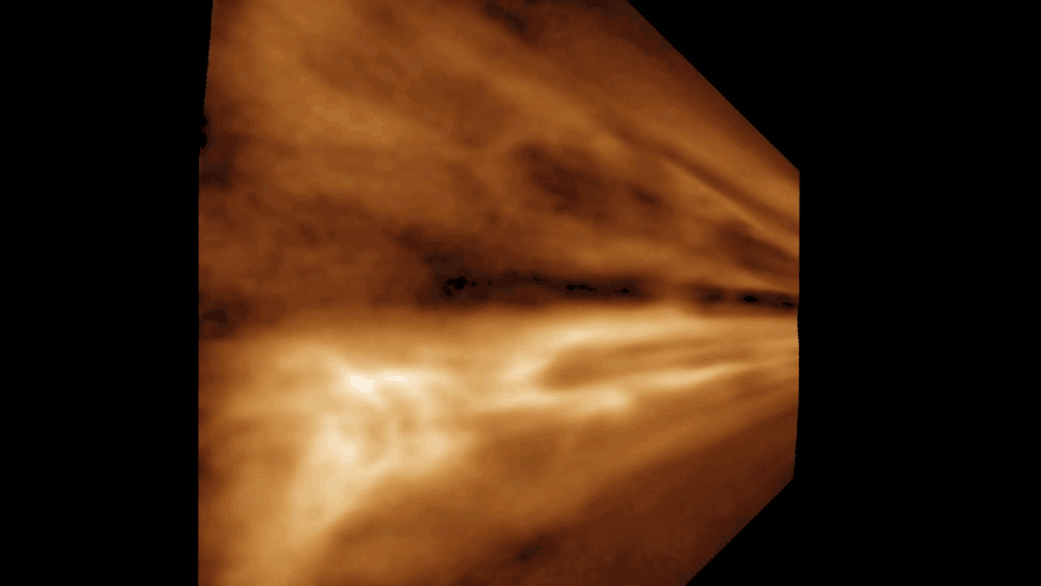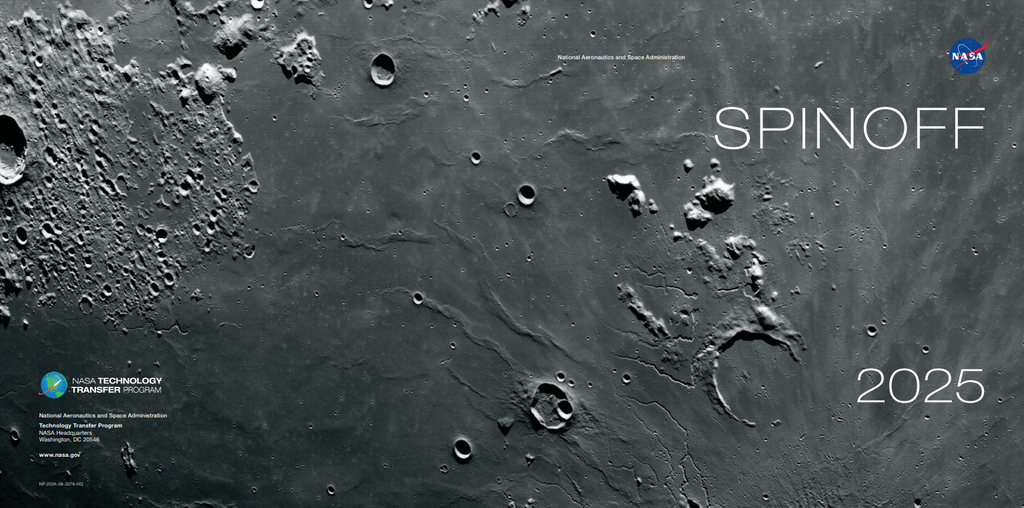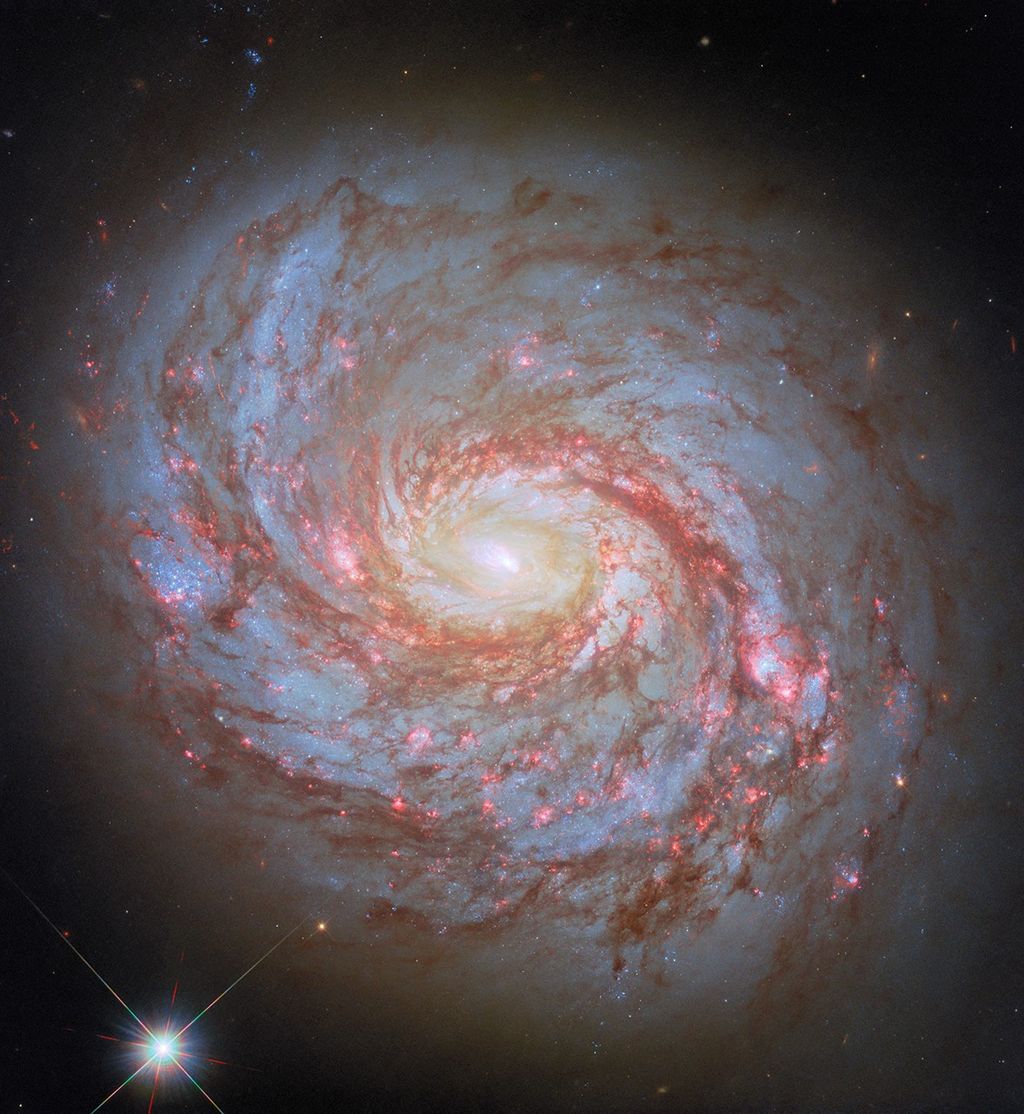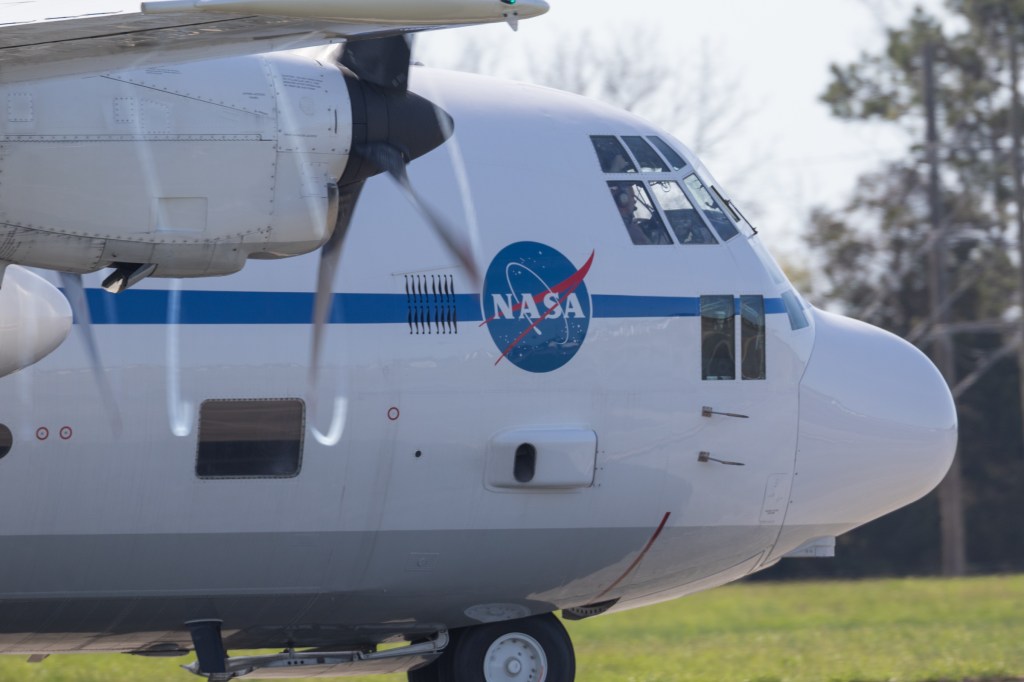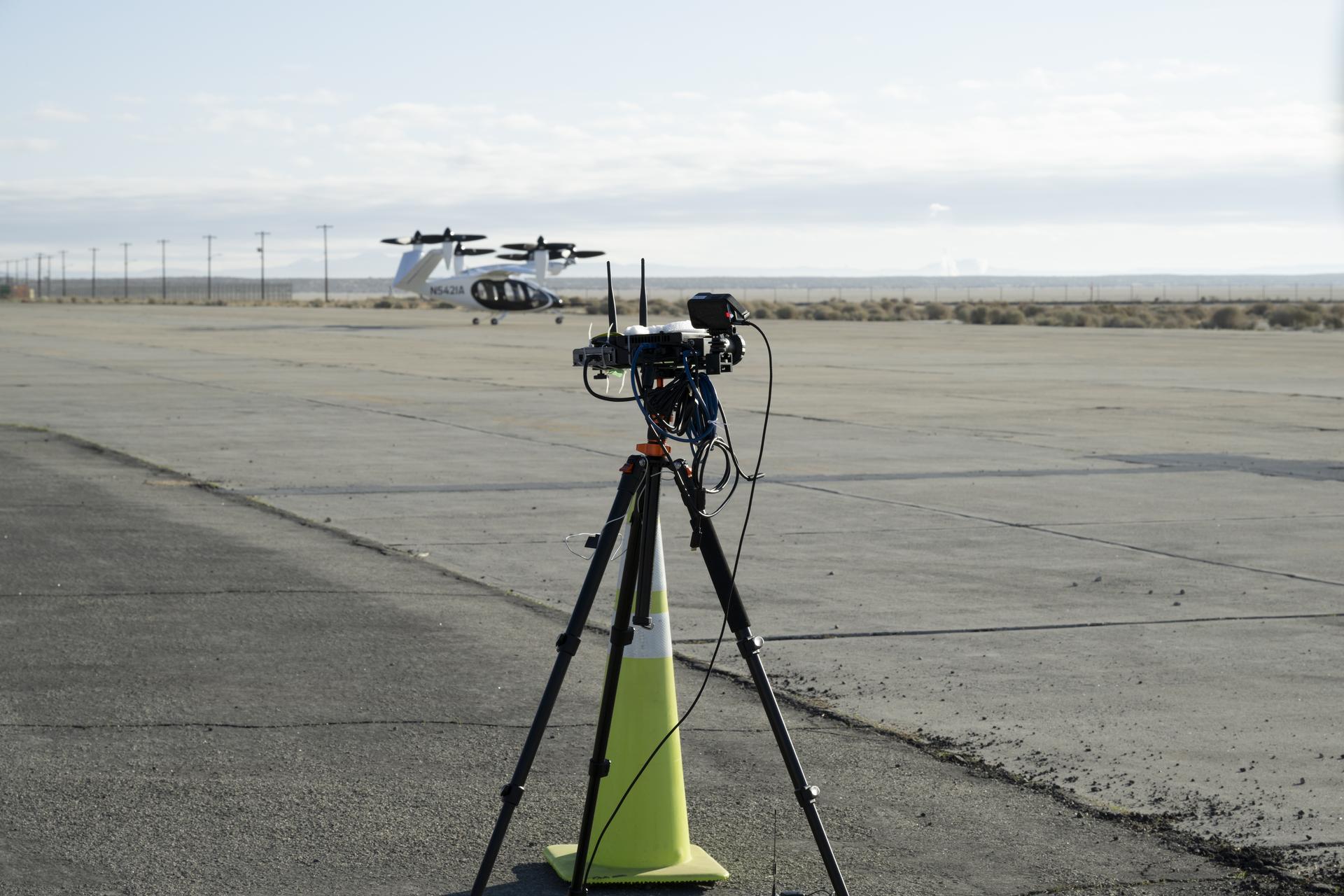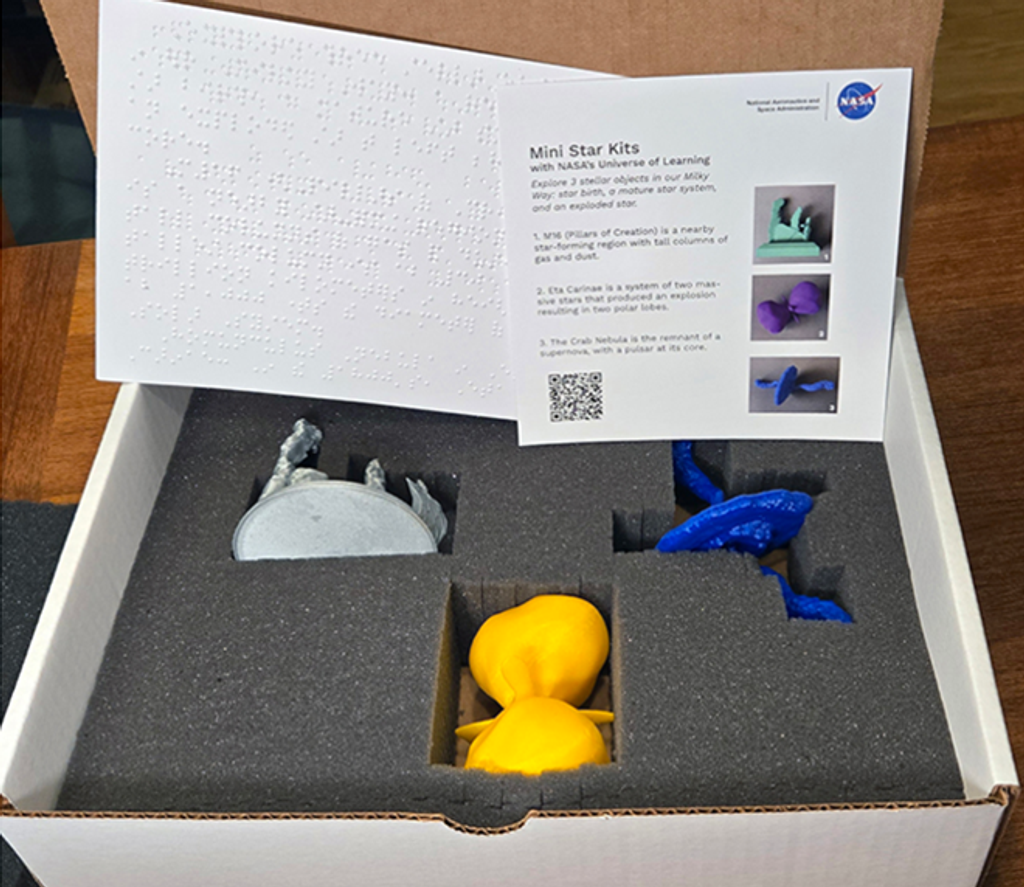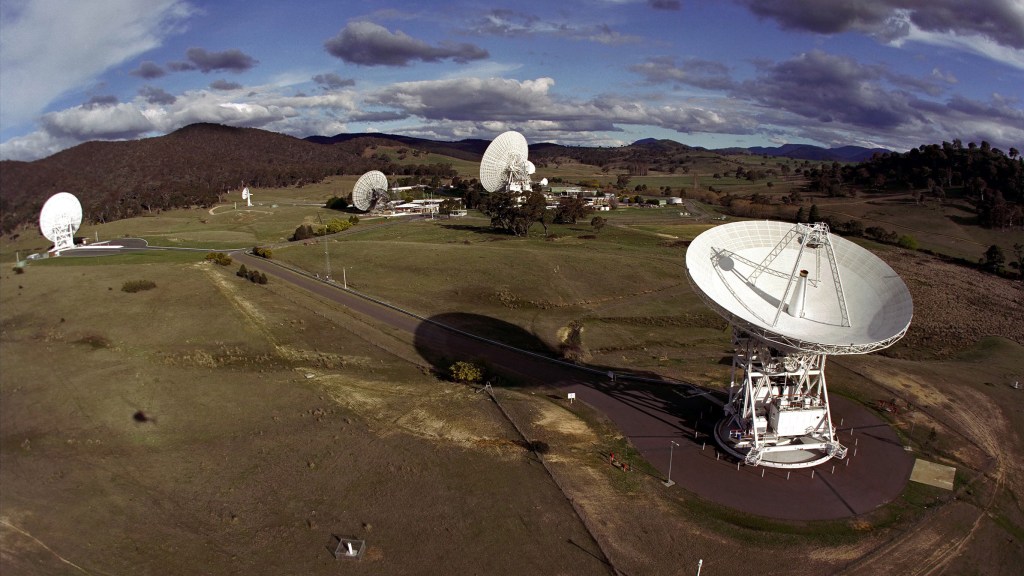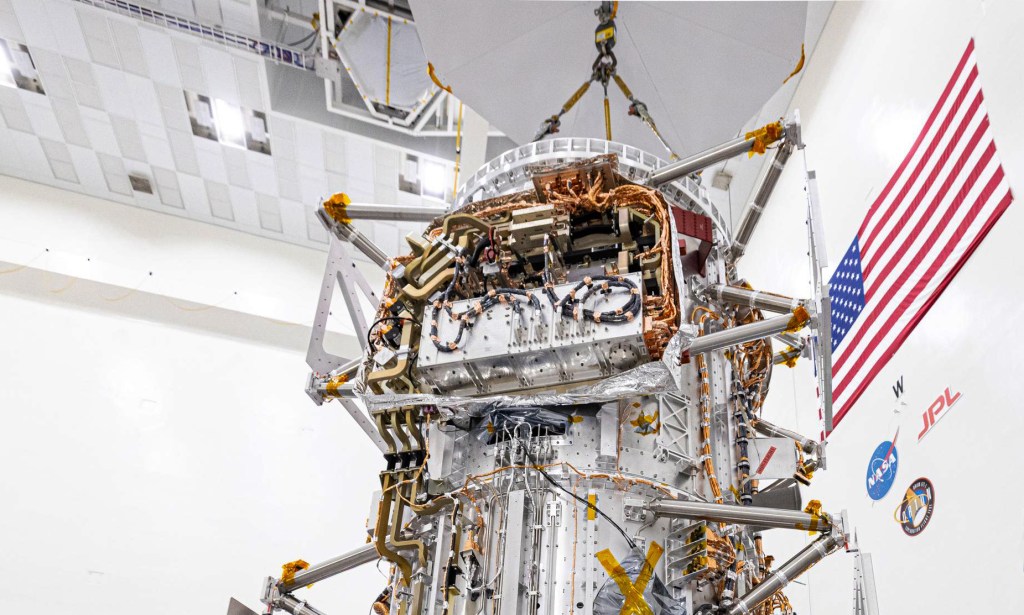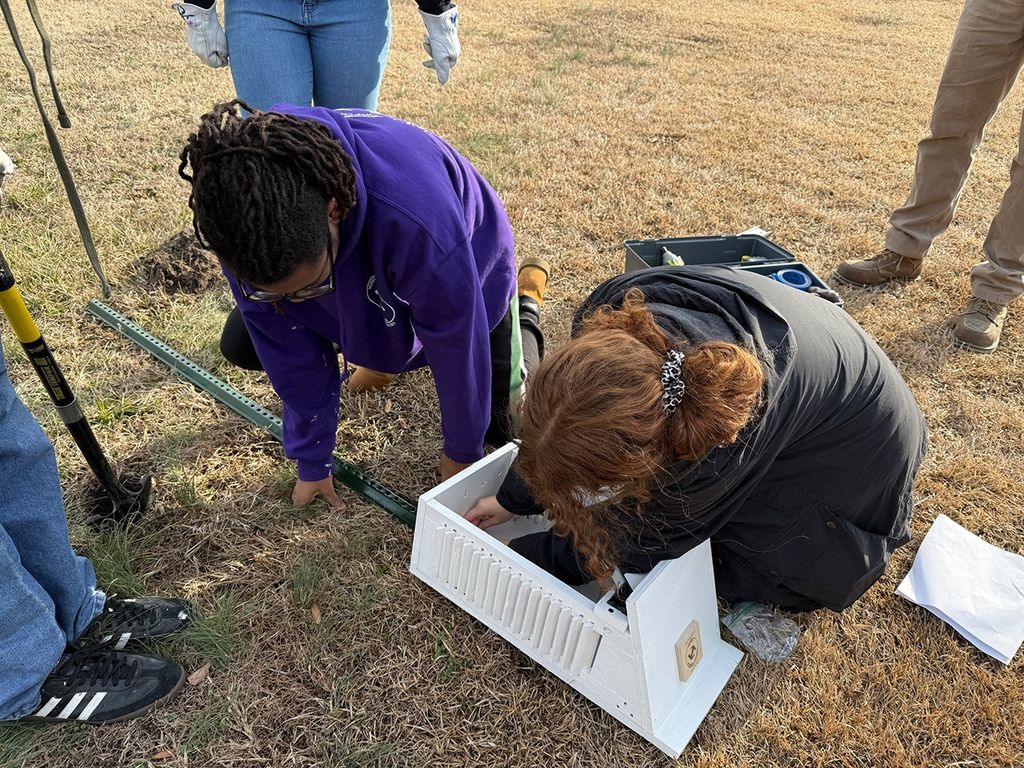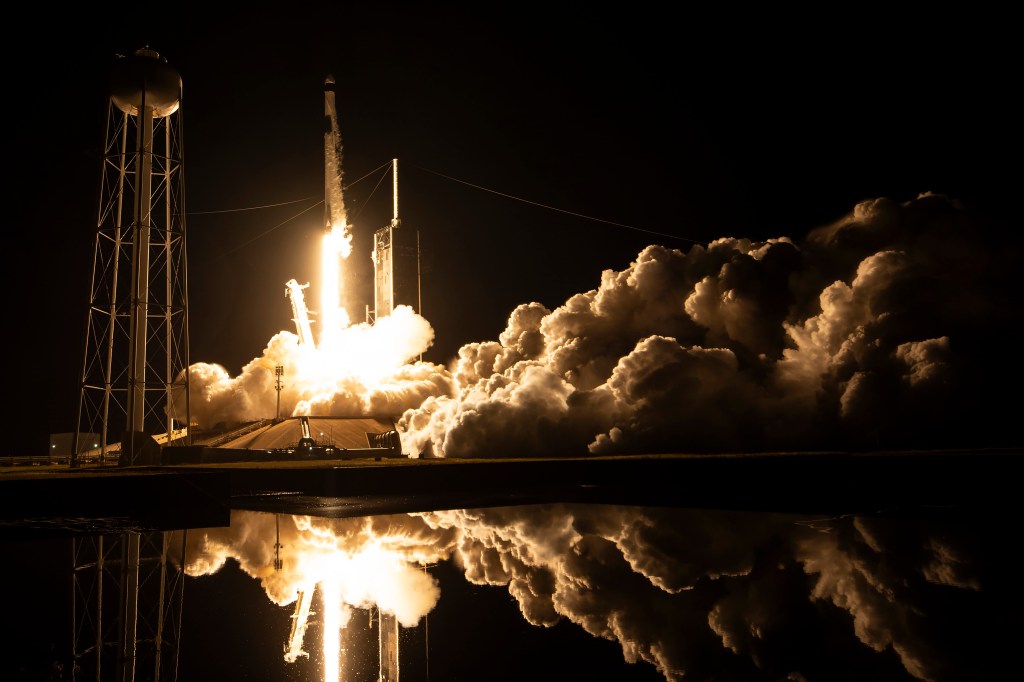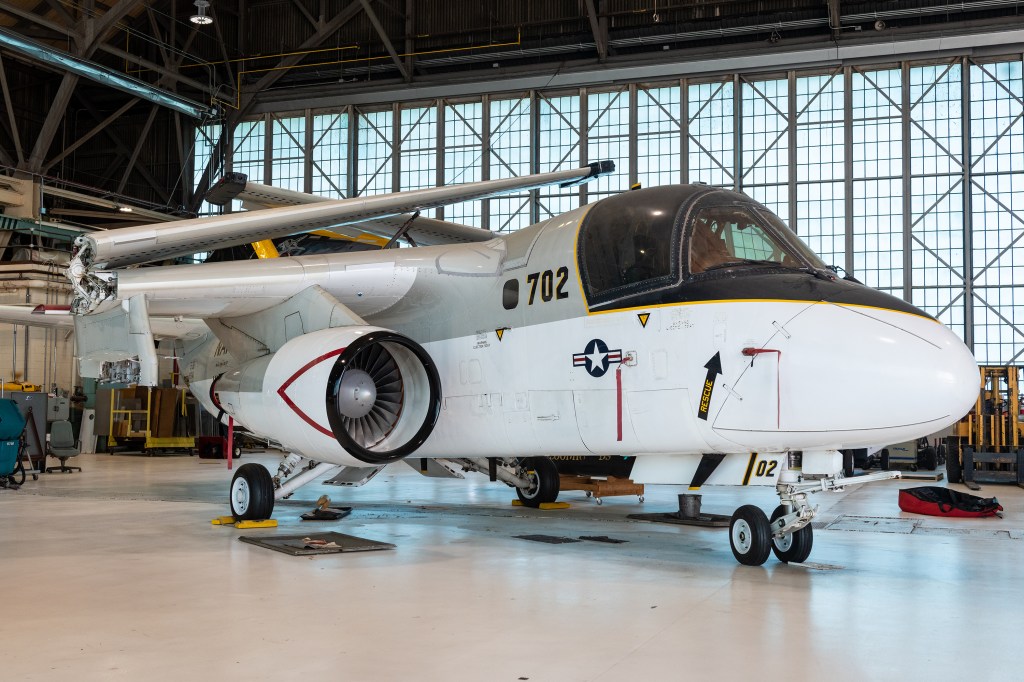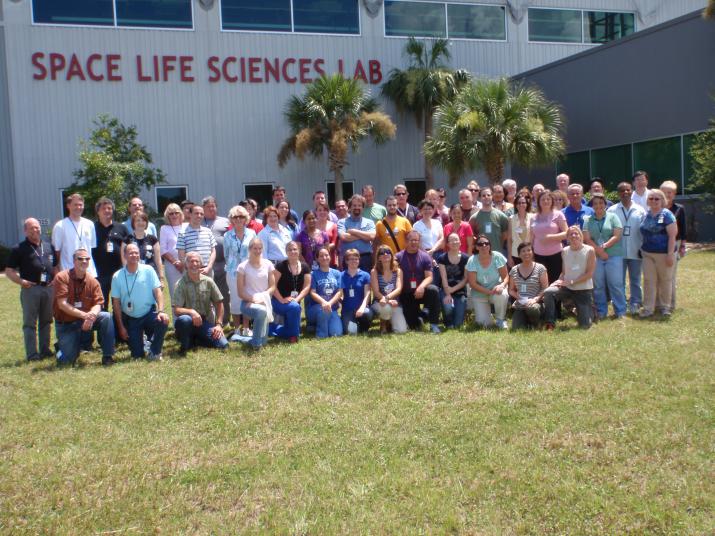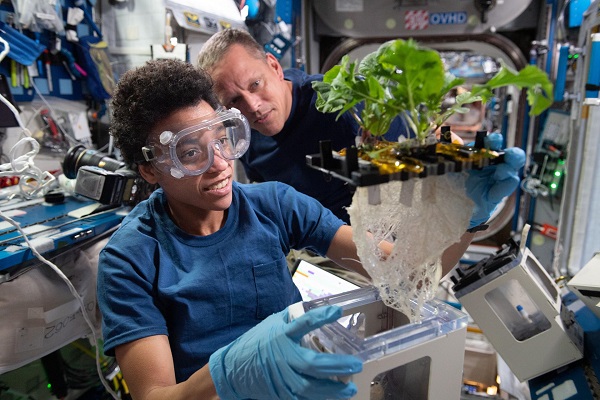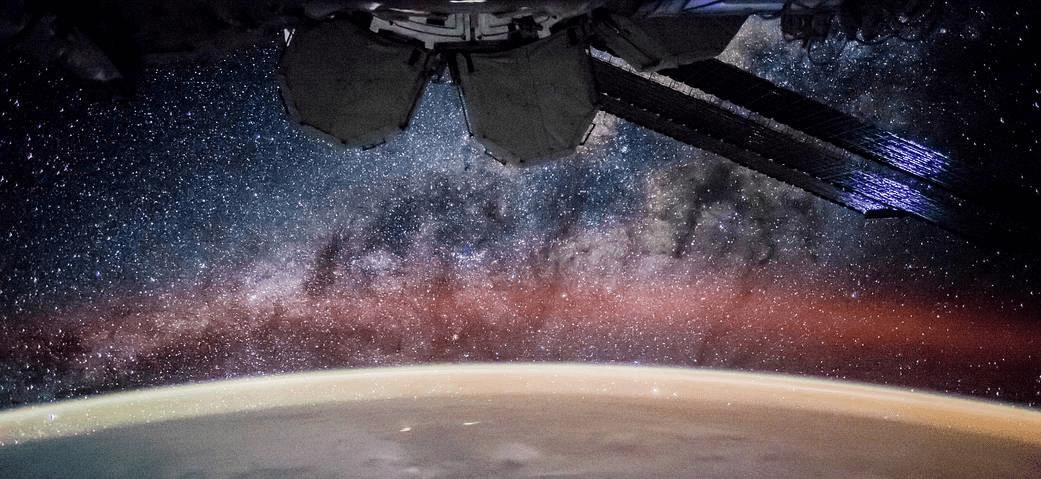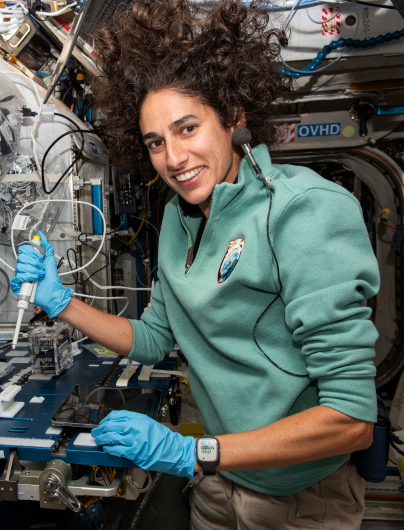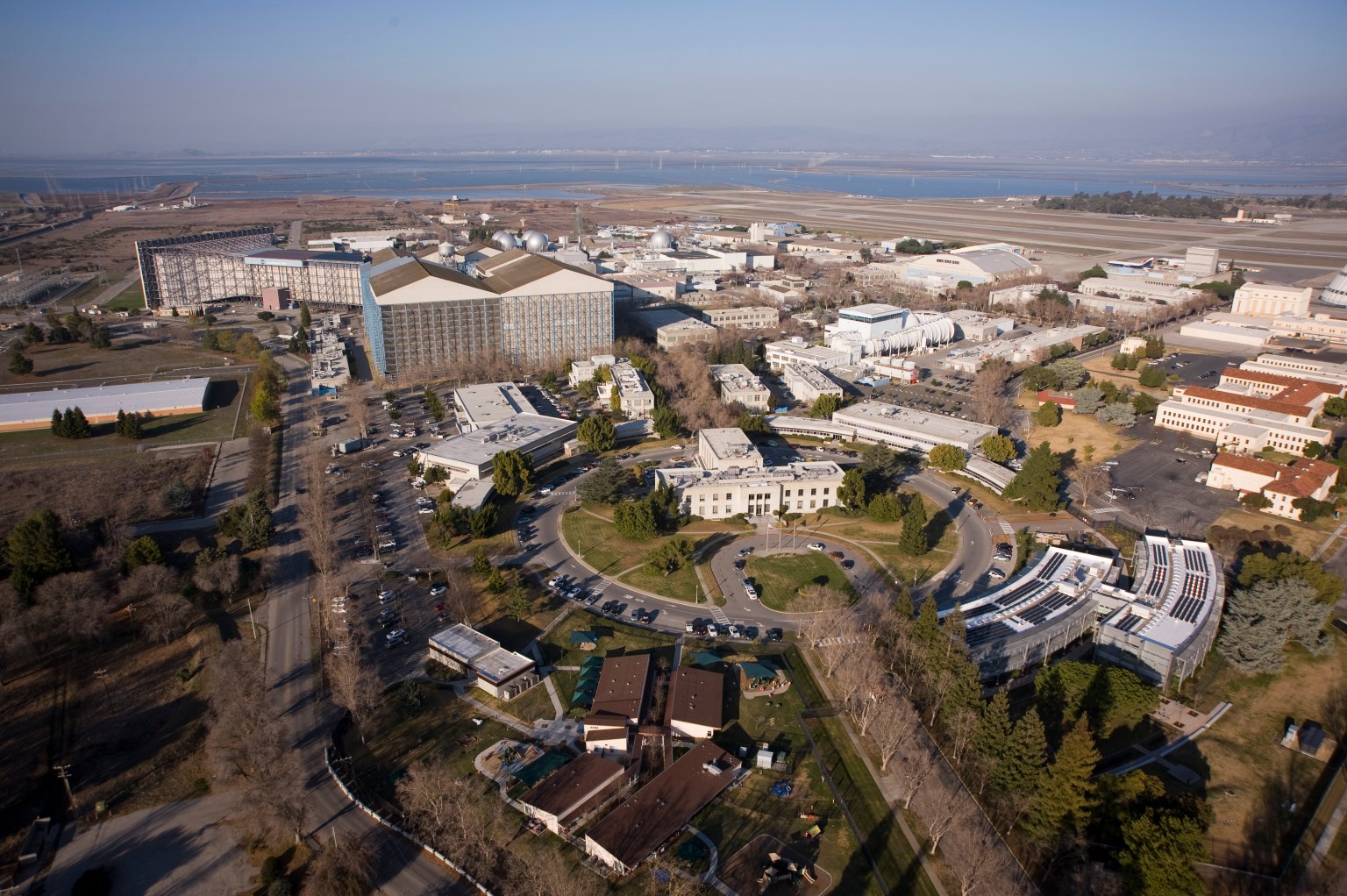Commercial Biomedical Test Module-3 is a collaboration between NASA’s Ames Research Center, BioServe Space Technologies at the University of Colorado Boulder and Amgen Inc. This investiagation will evaluate a novel therapeutic countermeasure to prevent flight induced bone loss in mice.
Summary
Commercial Biomedical Testing Module-3 is one in a series of investigations designed to determine if administering an experimental agent preflight reduces the loss of bone associated with spaceflight. Humans and animals have been observed to lose bone mass during the reduced gravity of spaceflight. The sclerostin antibody is designed to inhibit the action of “sclerostin”, a protein that is a key inhibitor of bone formation, bone mass and bone strength. The CBTM-3 results may provide insights that suggest further research in the prevention and treatment of the skeletal fragility that can result from “skeletal disuse” in such conditions as immobilization, stroke, cerebral palsy, muscular dystrophy, spinal cord injury and reduced physical activity
NASA Space Biology Principal Investigators:
Mary Bouxsein, Ph.D., Beth Israel Deaconess Medical Center and Harvard Medical School, Boston, MA
Dr. Ronald J. Midura, Ph.D., Cleveland Clinic, Cleveland, Ohio
AMGEN and BioServe Principal Investigators:
Chris Paszty, Ph.D., Amgen, Inc., Thousand Oaks, Calif.
Hua Zhu (David) Ke, M.D., Amgen, Inc., Thousand Oaks, Calif.
Martyn Robinson, PhD., UCB in Brussels, Belgium
Virginia Ferguson, Ph.D., BioServe Space Technologies, University of Colorado Boulder
Louis Stodieck, Ph.D., BioServe Space Technologies, University of Colorado Boulder
Ted A. Bateman, Ph.D., University of North Carolina, Chapel Hill, NC
Payload Developers
NASA’s Ames Research Center, Moffett Field, Calif
BioServe Space Technologies, University of Colorado Boulder
Amgen Inc., Thousand Oaks, Calif
Payload Overview
A team of scientists and engineers from BioServe Space Technologies, Amgen, Ames, and the university community will evaluate a new drug treatment that could prevent bone loss. Astronauts experience bone loss after being in space for extended durations; humans on Earth experience similar issues due to aging and disease. The Commercial Biomedical Test Module (CBTM-3) experiments will use a validated mouse model to examine the effectiveness of experimental drug therapies against bone loss that results from prolonged life in low gravity. Investigators will look at whether the use of an anti-sclerostin antibody can induce bone formation and thereby prevent skeletal deterioration, and whether changes in the blood supply to the bones and bone forming tissues may contribute to bone loss in low gravity.
Altogether, this work is intended to enhance the development of interventions to prevent bone atrophy during exposure to microgravity, as well as a variety of clinical conditions of reduced musculoskeletal loading due to disease, injury or inactivity.
This mission will mark the 26th time the NASA Ames Animal Enclosure Module will be flown aboard a space shuttle mission.
Launch: July 8, 2011
Orbiter: Atlantis
Mission: STS-135
Number of Animal Enclosure Modules (AEM): 3
Total number of mice per AEM: 10
Duration: 12 days
Payload Team
Payload Manager – Ms. Cecilia Wigley, NASA, ARC
Biospecimen Sharing Program Lead – Ms. Paul Dumars, Lockheed Martin, ARC
Quality Assurance – Mr. Robert Burney, NASA, ARC
Operations Technician – Ms. Karin Perkins, Lockheed Martin, ARC
Hardware Operations Lead – Mr. Dave Leskovsky, Lockheed Martin, ARC

